The research activities of the professorship deal primarily with the development of efficient numerical calculation methods for structural mechanics, especially for thin structures such as plates, shells and membranes, and their application in structural analysis and various other engineering disciplines. An in-house research code based on the concept of isogeometric analysis (IGA) and the powerful HPC equipment of the attached Laboratory for Engineering Informatics serve as a platform for this.
Another focus is the research and modeling of the material properties of 3D-printed components. The aim here is to be able to precisely predict and optimize the mechanical behavior of the printed materials in order to enable reliable design of additively manufactured components. For this purpose, the Laboratory for Engineering Informatics has been expanded since 2020 to include experimental equipment for 3D printing and material testing.
The following is an overview of the main research areas of the professorship.
Isogeometric FE Methods
Element and Software Development
- Isogeometric element formulations
- Locking-free methods
- Adaptive local refinement
- Parallelization and HPC
- Collocation methods

Nonlinear Structural Mechanics
- Geometric and material nonlinearities
- Stability problems
- Contact
- Crack development and propagation
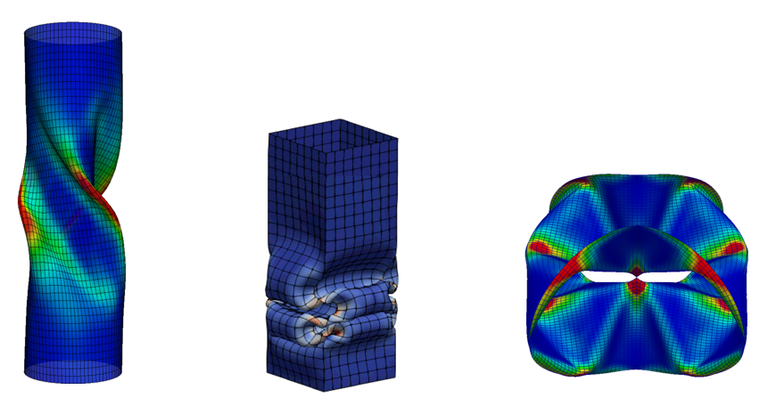
Integration of CAD and IGA
- Multipatch coupling
- Non-conforming meshes
- Trimmed B-Rep models
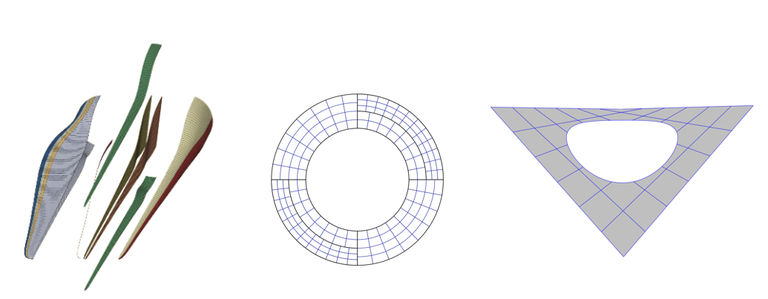
Multifield problems and multiscale modelling
Phase field models for fracture mechanics
- Crack initiation and propagation in thin structures
- Brittle and ductile failure
- Efficient algorithms and application to real problems
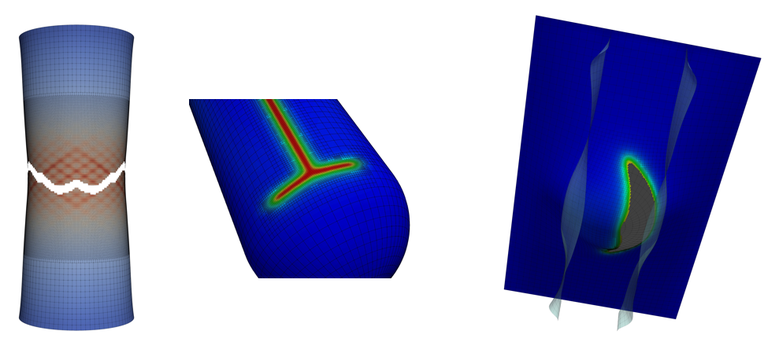
Fluid-Structure Interaction
- Coupling of the in-house IGA structure code with various CFD solvers: immersed FEM, immersogeometric analysis, IGA-BEM, NEFEM
- Various engineering and biomechanical applications
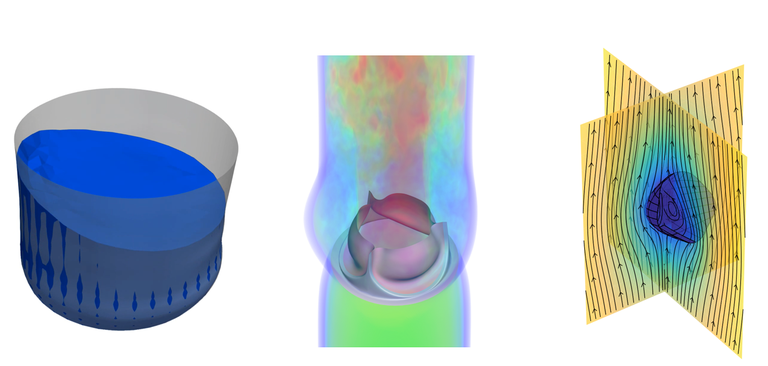
Multiscale Modelling
- Numerical homogenization of material inhomogeneities
- Microstructures and generalized continuum theory
- Multiscale modeling in additive manufacturing
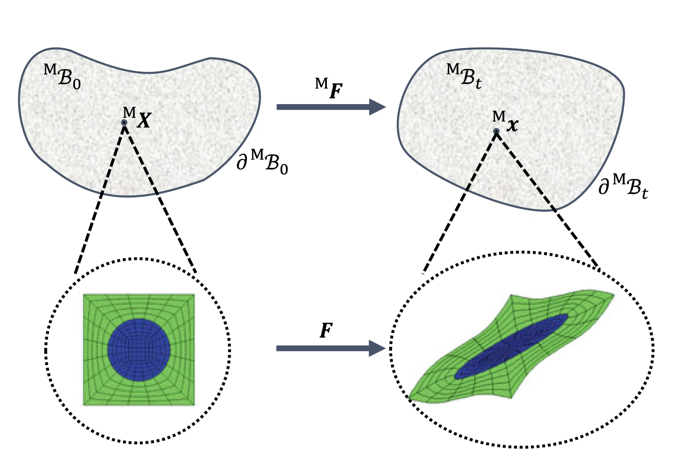
Additive Manufacturing (Fused Filament Fabrication)
Experimental Investigations
- Mechanical Testing
- Digital Image Correlation
- Specimen Optimization
- Temperature Distribution
- Computer Tomography

Numerical Simulation
- Multiscale modelling, FE simulation on the mesoscale
- Thermomechanical simulations
- CFD simulation of the extrusion process
